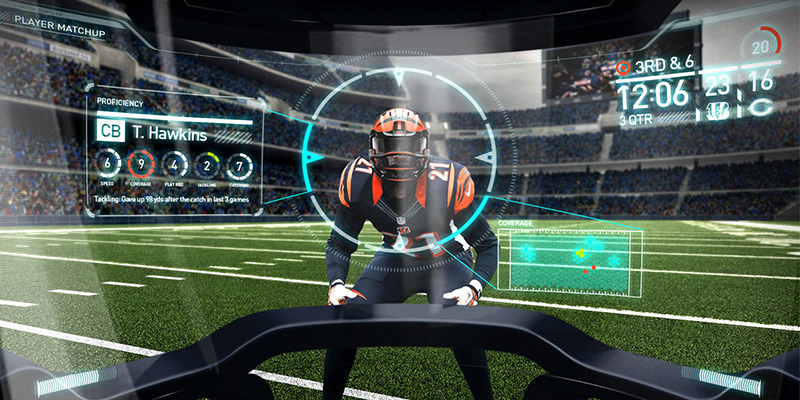- CapperTek
- Sports and Betting Blogs
- Simulating Sporting Events Using Artificial Intelligence: Gaining an Edge in Sports Betting
Simulating Sporting Events Using Artificial Intelligence: Gaining an Edge in Sports Betting
Wed, Dec 20, 2023
by
CapperTek

In the ever-evolving landscape of sports betting, enthusiasts and professionals alike are constantly seeking new ways to gain a competitive edge. One emerging avenue is the use of artificial intelligence (AI) to simulate sporting events, providing valuable insights and predictions that can inform betting strategies. This article explores the intersection of AI and sports betting, delving into the methods, advantages, and ethical considerations associated with simulating sporting events.
I. The Rise of Artificial Intelligence in Sports Betting:
As technology advances, the sports betting industry has embraced the power of AI to analyze vast amounts of data and make predictions with unprecedented accuracy. Simulating sporting events using AI involves creating models that replicate the dynamics of real-life competitions, taking into account various factors such as player performance, team strategies, historical data, and even environmental conditions.
II. Methods of Simulating Sporting Events:
a. Machine Learning Algorithms:
- Regression Analysis: Predicting outcomes based on historical data and identifying key variables influencing results.
- Neural Networks: Mimicking the human brain's structure to recognize patterns and make predictions.
- Monte Carlo Simulation: Generating thousands of random scenarios to assess the likelihood of different outcomes.
b. Data Sources:
- Player Performance Metrics: Analyzing individual players' statistics, such as scoring rates, accuracy, and overall efficiency.
- Team Dynamics: Evaluating team chemistry, playing styles, and historical matchups to predict collective performance.
- External Factors: Considering variables like weather conditions, injuries, and venue characteristics.
III. Advantages of Simulating Sporting Events with AI:
a. Predictive Accuracy: AI models can process and analyze vast datasets quickly, providing more accurate predictions than traditional methods.
b. Real-time Adaptation: AI systems can be updated in real-time, incorporating the latest information and adjusting predictions accordingly.
c. Risk Management: Simulations can help bettors identify potential risks and uncertainties, enabling more informed decision-making.
d. Strategic Insights: AI-generated simulations provide insights into optimal betting strategies, including identifying value bets and assessing risk-reward ratios.
IV. Ethical Considerations:
a. Responsible Gambling: The use of AI in sports betting raises concerns about responsible gambling practices. Simulations should be used as tools for informed decision-making rather than guarantees of success.
b. Transparency: Users and operators should demand transparency in AI models and algorithms to ensure fairness and prevent manipulation.
c. Legal Implications: The use of AI in sports betting may encounter legal challenges, and regulatory bodies must adapt to address the evolving landscape.
V. Challenges and Limitations:
a. Data Quality: The accuracy of AI predictions heavily depends on the quality and relevance of the input data.
b. Unforeseen Events: AI models may struggle to account for unforeseen events, such as unexpected player injuries or team dynamics changes.
c. Overreliance: Excessive reliance on AI predictions without considering other factors may lead to suboptimal decision-making.
Simulating sporting events using artificial intelligence represents a promising frontier in the world of sports betting. As technology continues to advance, bettors and operators should approach AI with caution, recognizing its potential advantages while navigating the ethical and legal considerations associated with its use. Responsible and transparent integration of AI into sports betting practices can contribute to a more informed and dynamic landscape, offering enthusiasts a new dimension of engagement with their favorite sports.